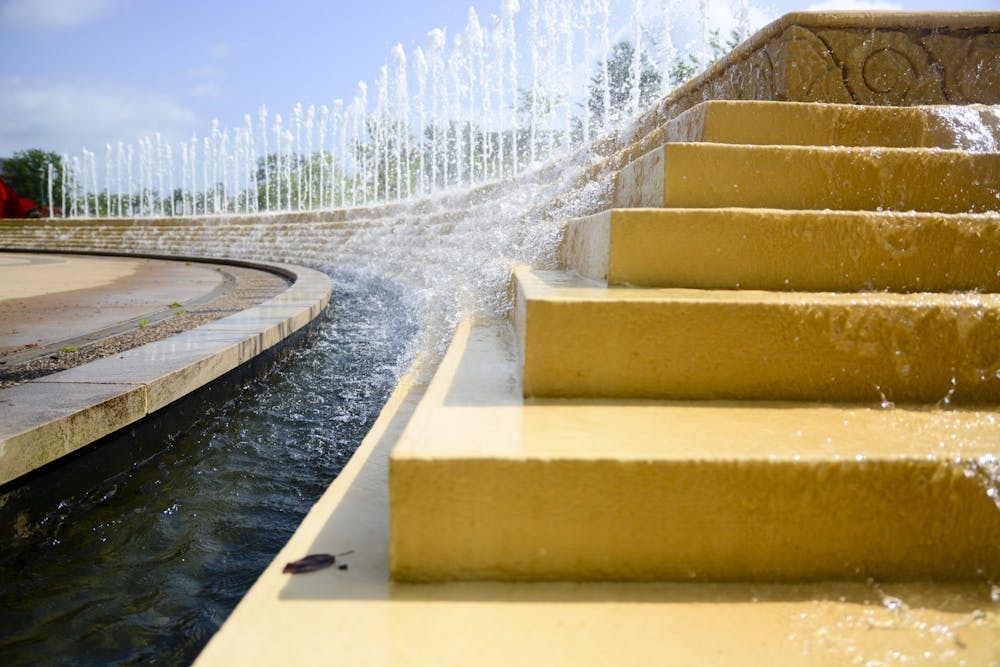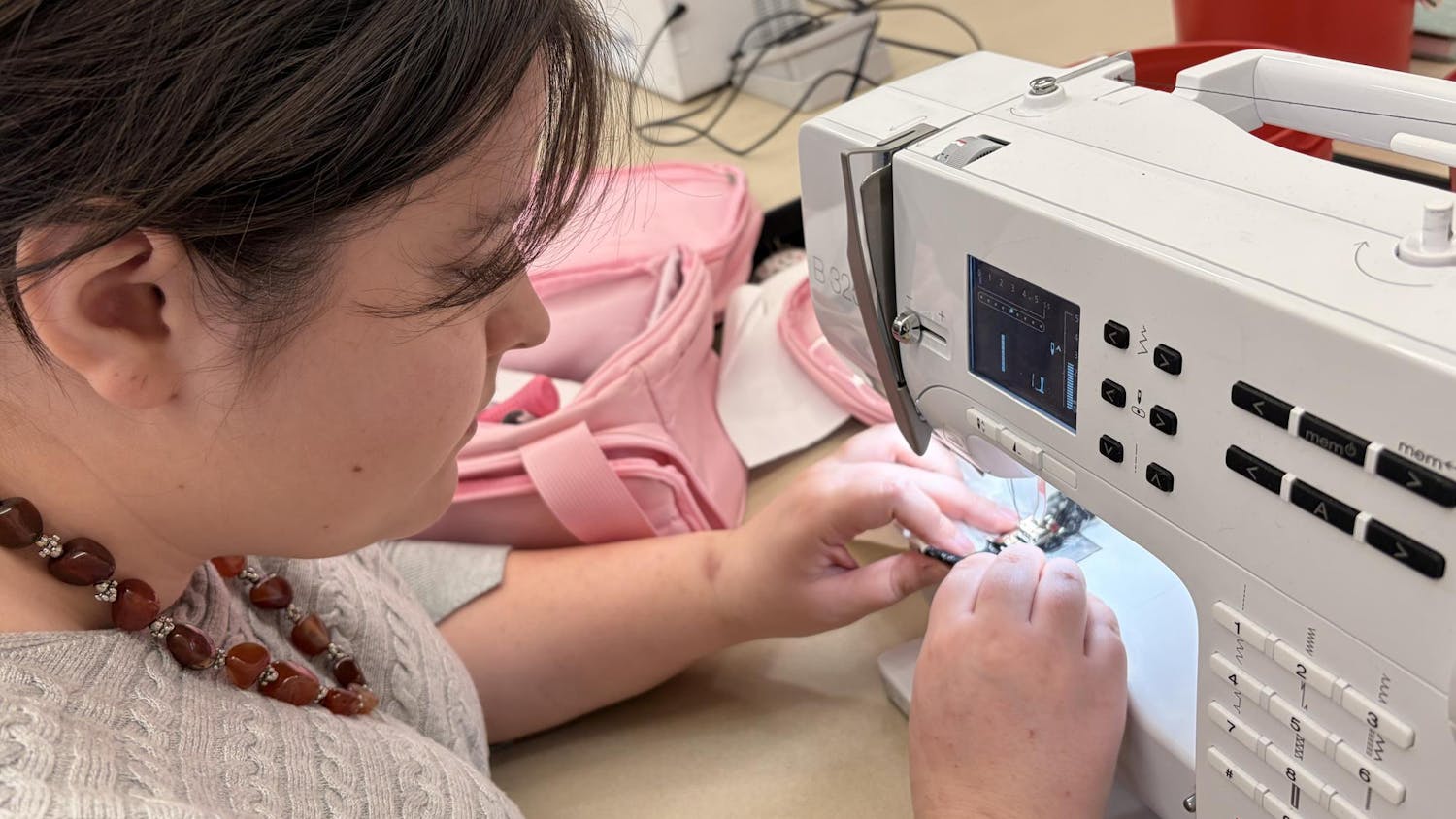Researchers, musicians and historians alike gathered together this weekend from across the world to celebrate and discuss education, diversity and performance in music.
The Jacobs School of Music is home to the Historical Performance Institute, a branch of the Historical Performance department focused on period-specific music. The institute intended to hold its fifth annual conference in May, 2020, but the event was rescheduled due to COVID-19. After an eight-month hiatus, the conference was able to reconvene from Jan. 29-31 via Zoom.
The conference, titled “Historical Performance: Theory, Practice, and Interdisciplinarity,” was first organized in 2016 by Dana Marsh, an IU professor and the director of the Historical Performance Institute. The conference is an opportunity for scholars across many disciplines to come together, share research and develop ideas in the pursuit of historically informed performances, Marsh said.
“When one performs music of a particular era and place in a way that aims for fidelity to the original instruments of that period, the historical techniques used to perform it and especially an informed understanding of the culture that created the music, then we're pursuing what we call a historically informed performance,” Marsh said.
Thirteen higher education institutions were involved in the program, featuring representatives from the University of Southern California, the Juilliard School, which is in New York, and the Guildhall School of Music and Drama, which is in London. Marsh said this collaboration between institutions provides a collective good for all involved.
“It’s a clearer vision of our future as a field and what we need to do collectively to achieve our goals,” Marsh said. “There was a powerful awareness of affinity between us. Above all, we also sharpened our focus on improving equity and opportunity at every level, becoming better representatives of a greater cultural tapestry.”
The conference’s interdisciplinary approach allowed for those with different backgrounds and perspectives to contribute to similar topics such as early music and historical performance, IU musicology professor Ayana Smith said.
“It is a specialized field, and many performers of this repertory also have degrees in musicology, and vice versa,” Smith said. “So it is a gathering place to share research and scholarship and to learn about the most recent ideas in the field at large.”
Smith delivered a keynote lecture for the conference, titled "Race and Representation: toward a new pedagogy of historical performance.” This opportunity allowed Smith to reach out to educators and administrators from other institutions regarding equity in education, and it also gave her a deeper knowledge of the issues facing others in the field, she said.
“Since my lecture focused on diversity in classroom pedagogy and also in admissions and recruitment issues, I’m hopeful that I could help others doing similar work,” Smith said. “I also learned a lot about the challenges that administrators are facing in the field overall right now, and came away from the conference with a better understanding of how my own research can speak to those concerns.”
Adam Dillon, a music school alumnus and the administrator for both the Historical Performance Institute and Department, helped develop the conference this year and in past years. The circumstances of this year brought new challenges for those involved in the conference, Dillon said, but they were able to overcome the obstacles for something greater.
“The conference had never intended to be solely online, but everyone has adapted to the 360-degree turn regarding the pandemic,” Dillon said. “It has been so hard to network and maintain connections in our field during this online-only period, but I really hope that new relationships are formed and old ones strengthened through participation in the conference.”




